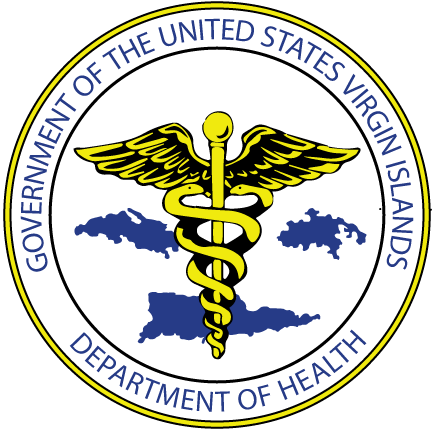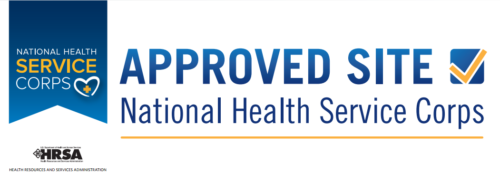Cancer strikes people of all ages, but people are more likely to get cancer as they get older, even if no one in the family has had it. The good news is that the chances of surviving cancer are better today than ever before. When cancer is found early, it is more likely to be able to be treated.
What tests do women need?
- Mammogram: A special x-ray of the breast that can often find cancers that are too small for a woman or her doctor to feel. The National Cancer Institute (NCI) recommends that women who are 40 or older should have a screening mammogram every 1 to 2 years.
- Clinical Breast Exam: The doctor or other health care professional checks the breasts and underarms for lumps or other changes that could be a sign of breast cancer.
- Fecal Occult Blood Test: A small amount of feces or stool (also called a bowel movement) is applied to special cards, which are examined in a lab for occult (hidden) blood to check for colorectal cancer.
- Sigmoidoscopy: A doctor uses a thin, flexible tube with a light (sigmoidoscope) to look inside the colon and rectum for growths or other areas that do not look normal.
- Pap Test: The doctor uses a small brush to collect a small sample of cells from the cervix and upper vagina. The cells are sent to a lab to check for signs that they are not normal.
- Pelvic Exam: The doctor checks the uterus, vagina, ovaries, fallopian tubes, bladder, and rectum for any changes in their shape or size.
- Skin Exam: Skin cancer is the most common form of cancer in the United States. By regularly examining the skin, the chance of finding skin cancer early are much better.
Remember… A positive result on any of these tests doesn’t mean that you have cancer. You may need more tests. The only sure way to know whether the problem is cancer is to get a biopsy. A biopsy is when a small sample of tissue is taken and looked at under a microscope to check for cancer cells.
Talk with your health care provider about cancer screenings to see if they are right for you.
For More Information
- National Cancer Institute
- Centers for Disease Control and Prevention (CDC)
- National Institute on Aging Information Center
- Cancer Support VI
- Cancer.org
- The YAG Foundation
- Patient Assist VI
- St. John Cancer Fund
- VI Medical Assistance
- Ribbons For A Cure – A Cancer Awareness and Outreach Organization in the Virgin Islands

